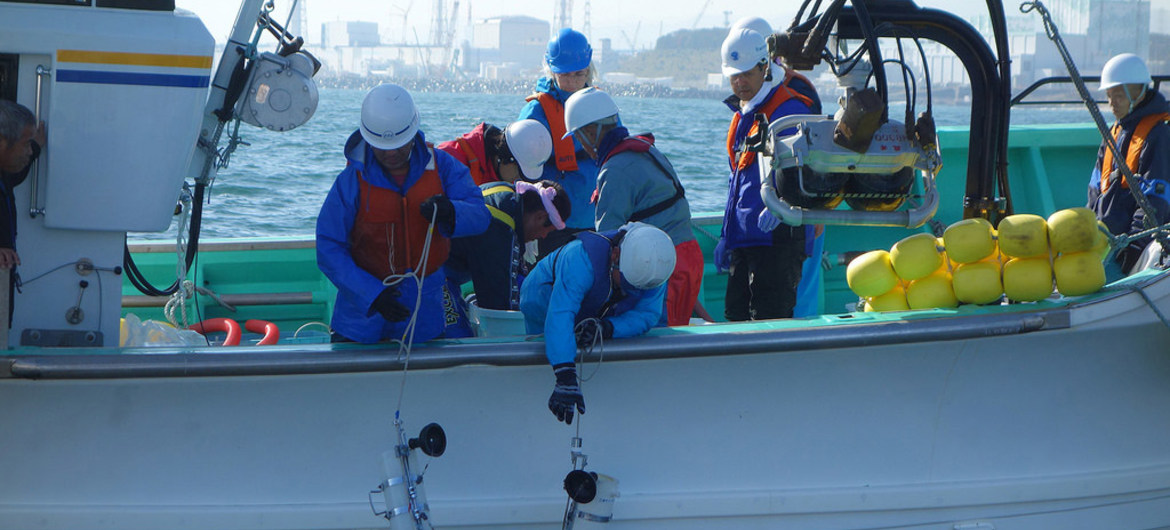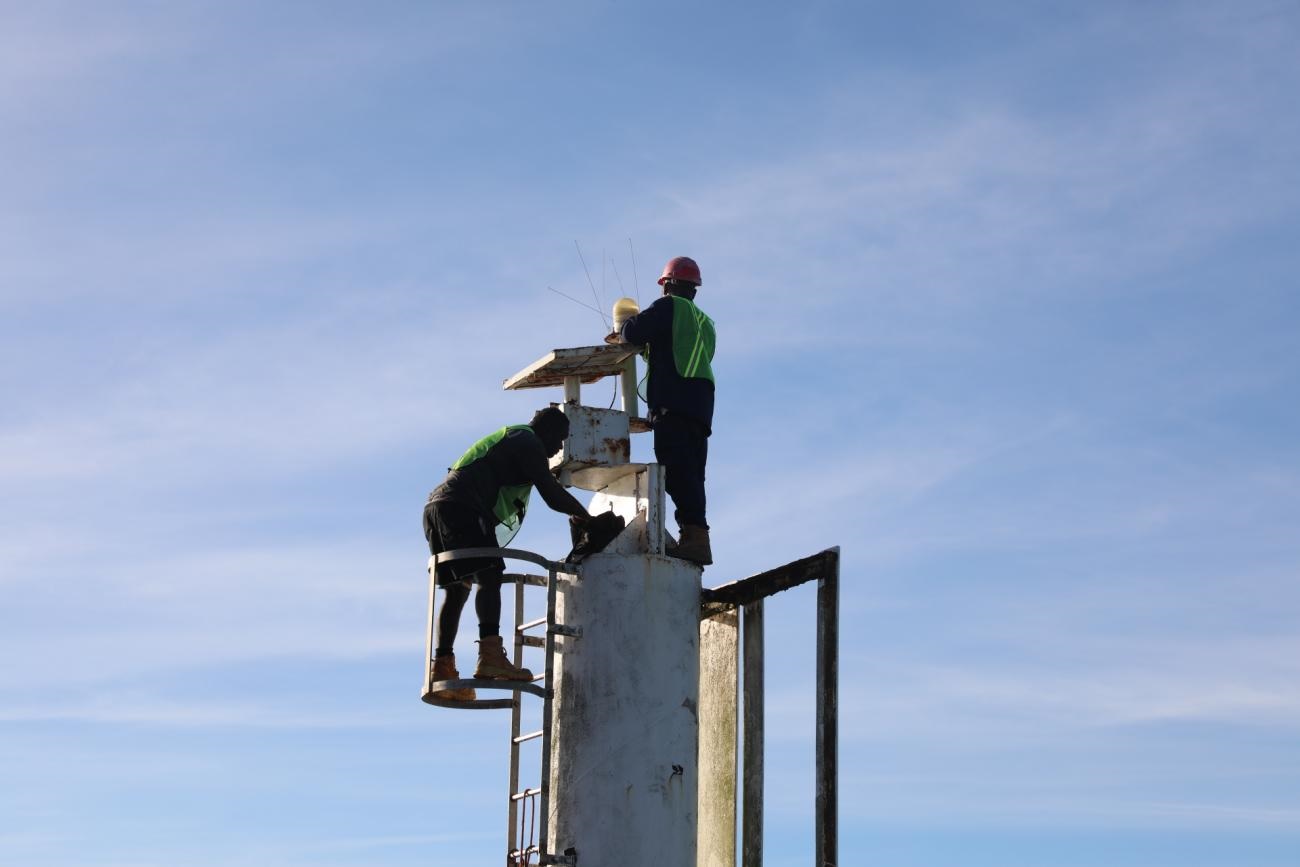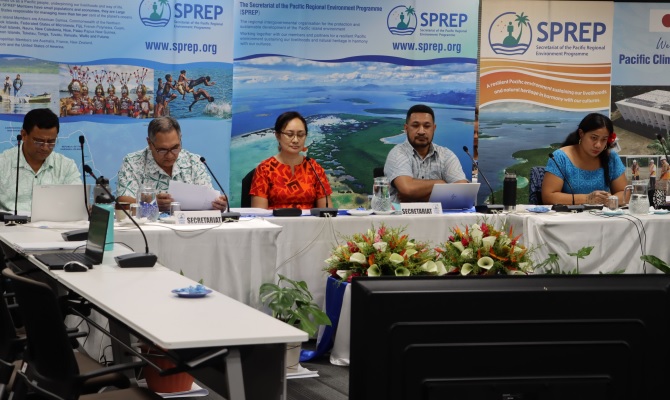A collective of young regional Pacific activists condemn Japan’s plans to dump nuclear waste in the Pacific Ocean
Youngsolwara Pacific has joined the regional calls against Japan’s plans to discharge one million tons of wastewater from its Advanced Liquid Processing System (ALPS) at the Fukushima Daiichi Nuclear Power Station into the Pacific Ocean.
As a regional collective of young Pacific activists, we condemn Japan’s plans to dump nuclear waste in the Pacific Ocean which is the lifeline of our people. The Pacific Ocean is not Japan’s nuclear dumpsite.
The destructive legacy of nuclear contamination is still strongly felt throughout our region. States like the Marshall Islands, Maohi Nui (French Polynesia), Australia and Kiribati, were sites of 315 nuclear weapons tests. These have not been effectively remedied or addressed by the nuclear-armed nations of the United States, France and the United Kingdom respectively.
The harmful impacts are still being felt today by our people, manifesting in, among other impacts, debilitating health and intergenerational maladies. Moreover, our islands and waterways are still yet to be effectively environmentally remediated from these tests.
We ask, how can the Japanese government, who has experienced the same brutal experiences of nuclear weapons in both Hiroshima and Nagasaki, wish to further pollute our Pacific with nuclear waste? To us, this irresponsible act of transboundary harm is just the same as waging nuclear war on us as Pacific peoples and our islands.
We furthermore condemn the Japanese government’s own extensive history of dumping nuclear waste into the Pacific Ocean. We remember that the Pacific has protested in solidarity with Japanese civil society since 1979 when the Japanese government planned to dump nuclear waste nearby the Northern Marianas.
Friday, Japanese grass-roots activists express similar outrage towards their government with noted demonstrations taking place last week outside Prime Minister Yoshihide Suga’s office.
We stand with Japanese civil society and echo our activist forbearers on this issue in asking if it is safe why not dump “in the moat at the Tokyo Palace?” The Japanese government claims the water is treated and is a necessary step in the Fukushima plant’s decommissioning, but we know that not all radioactive agents including tritium have been removed. The water remains contaminated and will no doubt cause irreversible and catastrophic humanitarian and environmental harm to the Pacific.
We urge the Japanese government to respect our Pacific in the United Nations Decade of Ocean Science for Sustainable Development (2021-2030) as the economic, spiritual and cultural base of Pacific peoples wellbeing. This threatens not just our people and the Pacific Ocean, but the health and wellbeing of all the planet’s oceans and the people who depend upon them, thus a decision of such adds to the growing deterioration of our ocean’s health.
In acknowledging the Treaty of Rarotonga (1985), we reiterate the commitment of our leaders of the Pacific Island Forum to “a nuclear free Pacific and a nuclear weapons free world, and further reaffirmed our determination for a region free of environmental pollution by radioactive wastes and matters.”
We call for New Clear Ways:
* For the Government of Japan to hold off on the discharge of the ALPS treated water;
*Consult our Pacific leaders and concerned citizens;
* And conduct an independent expert review that is satisfactory to all our countries.
This is a press release from the Youngsolwara Pacific dated April 16, 2021 and reposted via PACNEWS.



